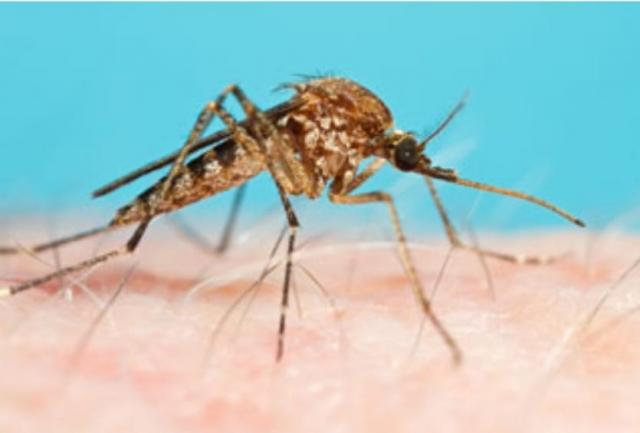
Jennifer Pittorino
Western Health is warning communities in the western suburbs to be aware of a localised outbreak of Buruli ulcer within Merri-bek and Moonee Valley.
Buruli ulcer is transmitted from possums to people via mosquitoes, particularly the type found in backyards.
Western Public Health Unit director Dr Finn Romanes said Buruli ulcer can take many months to develop after exposure.
“Many people exposed in the early months of 2023 will be showing signs of infection now,” he said.
“Once diagnosed, Buruli ulcer is curable with special antibiotics and for this reason an accurate diagnosis is essential.”
People exposed during the mosquito season usually take between 4-5 months to develop after a bite by an infected mosquito.
Western Health said recognising Buruli ulcer can be difficult, but should be considered when a skin lesion relentlessly progresses over time despite standard treatment.
“We are urging people regardless of their age, or health status, to understand that everyone regardless of age or health status is at risk,” he said.
“We are also urging people to find out the areas that are affected by going on our website, and to take some action on your property to reduce mosquitoes and to avoid getting bitten.”
Mr Romanes even though you can only get Buruli ulcer by being in or visiting an area where there’s local transmission, not not every area where there’s transmission is identified.
“It is moving and spreading, and it’s moving out of those areas.“
Dr Romanes said there is no cause for panic and it is very easy to protect yourself against infection by taking simple steps around reducing getting bitten by mosquitos.
“There are many ways that we can do this, all of which are straightforward steps.”
Western Health recommends knowing how to recognise Buruli ulcer and seeing your GP if you have a new or persistent sore, ulcer or skin infection.
Prevention can be done by reducing the number of mosquitoes in and around your property and mosquito proofing your home by installing insect screens.
“We also recommend that you avoid mosquito bites by using personal insect repellents containing diethyltoluamide (DEET) or picaridin, cover up by wearing long, loose-fitting, light-coloured clothing and avoid mosquito-prone areas especially at dusk and dawn when they are most likely to be out.”






